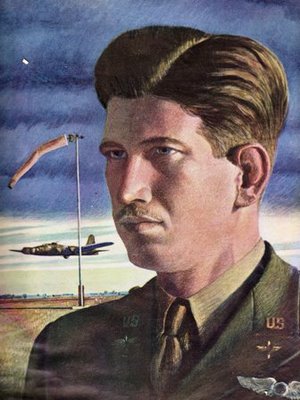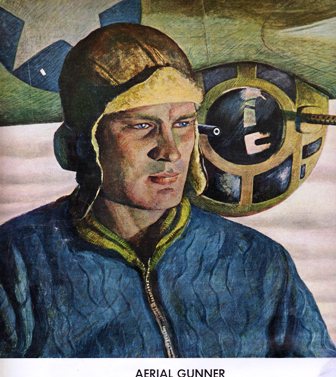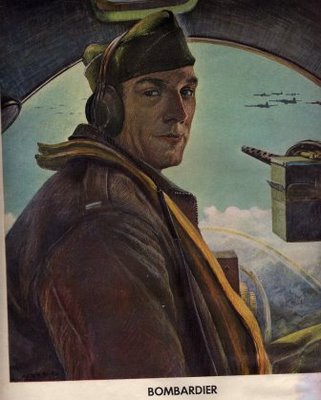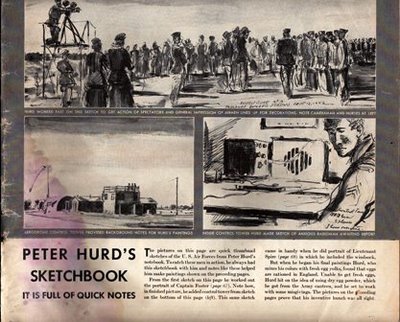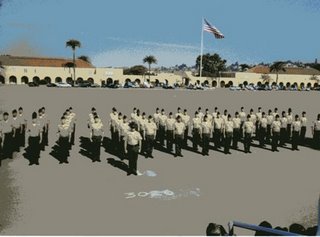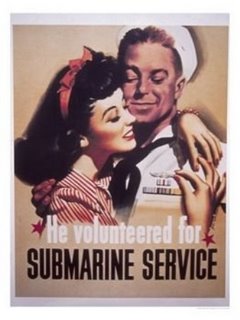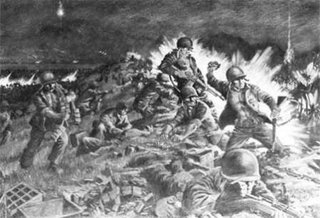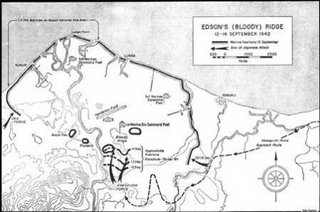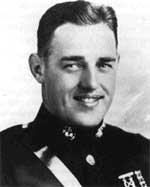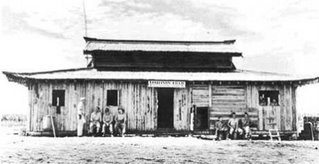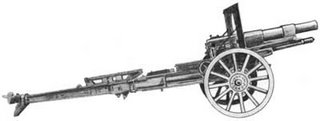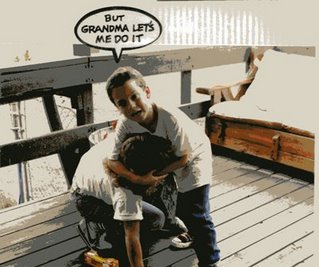 This is a continuation of an earlier post regarding WWII. The prior post is Jan. 25, 2007
This is a continuation of an earlier post regarding WWII. The prior post is Jan. 25, 2007. Here is where we left off:
Are we going to win the war? So far as we can see the answer is—may be yes and may be no. And what we’ll try define the two maybes.
Maybe Yes
The “maybe yes” is the simpler half. In one sense, there’s no maybe at all. In one sense the war has been won—because, as we said above, the threat of this country’s being overrun by our enemies is indefinitely postponed—(at any rate, so far as military probabilities are concerned).
But will we achieve the total destruction of the military power of our enemies? Maybe yes. And this picture is easily outlined. This is the picture which is pretty much in your mind and in all our minds. It runs, of course, like this: Germany has passed the peak of her power. Russia, having withstood the German onslaught, has now hurled Germany back on the defensive. Meanwhile, we figure, American power has been at last mobilized on a gigantic scale. The terrific bombing of Germany plus continued land and sea attacks from all sides plus internal exhaustion will bring Germany to her knees—perhaps this year, certainly next. At the same time, Japan is losing power, and once Germany is knocked out, Japan will quickly buckle up under full allied assault. The gigantic Allied forces to achieve this result are already in motion. It is almost beyond human power to stay their course.
Something like that is the pattern of inevitable victory which many Americans have in their minds. Now if the “inevitable” happens—that’s all. That’s what most Americans think is going to happen so far as the war is concerned—and most of us think that the only “problems” are “post-war” problems—which are, of course, very complicated but don’t have to be attended to just yet.
But suppose the “inevitable” doesn’t happen. Or, how might the “inevitable” not happen? Maybe we better take a look at—
Maybe No
The “maybe no” about winning this war is a whole lot harder to state than the “maybe or certainly yes.” In a way, that’s fine. If it’s so much easier to see how we are going to win the war than how we are not going win it—that may be a kind of proof that we are going to win it. There is a kind of good rough common sense in believing that what can’t be put clearly probably ain’t so. But then, of course, there is the Einstein theory. The point about the Einstein theory is that it is clear to people who understand higher mathematics.
Well, the problems of humanity are probably a lot more difficult than mathematics—and we certainly don’t pretend to have any Einsteinian grasp of them. But since the human situation is of desperate concern to us, it is some sort of duty to try to state the truth about what is by no means clear.
In trying to get at the truth, let us put down the chief factors which may develop to prevent us from winning the war. Some of the chief factors are:
1. The Nazi submarines may make it impossible for us to launch a big-scale offensive on Nazi Europe this year.
2. The failure to retake Burma this year may result in the final exhaustion of China and the elimination of China as an effective ally against Japan.
3. The Russo-German front may at some point develop into a stalemate.
4. The longer the war goes on, the greater becomes the danger of disagreement among the Allies. (The Allies, of course, are bound together by many agreements. But these are, almost without exception, agreements of military expediency. Even at this late date there is no real program binding them in a basic and enduring unity.)
These are some of the factors which may prevent us from achieving victory. To get a realistic sense of what these factors mean, let us try to weave them into a moving picture of events. Remember: we are not predicting; we are simply trying to get a clear picture of what we may be up against.
The picture, then, of how we may lose the war runs something like this:
Hitler sees he has failed to win the mastery of Europe in this round of war. So he goes on the defensive. Russia pushes the Nazis out of Russia—or out of most of it. Then Russia stops offensive warfare on the Russo-German front. And for the following very good reasons:
1. The war has been an exhausting ordeal for Russia as well as for Germany.
2. Russia is far from collapse—but so is Germany. (And the Russian food problem is acute.)
3. For Russia to drive straight on to Berlin would be terribly costly—in lives as well as in materials. (As Russia drives the Germans out, her supply lines lengthen, she runs into areas devastated by Germany, etc; i.e., all the factors militating against Germany on the Volga hit Russia between the Dnieper and the Danube).
4. Russia needs to recuperate.
5. And, if Russia recuperates, she will have relatively little to fear on her Western boundaries for a long time to come.
6. Further, Russia has to keep heavily mobilized in Siberia for whatever role she sees fit to play in the Far East.
to be continued in future posts.
Life February 15, 1943
